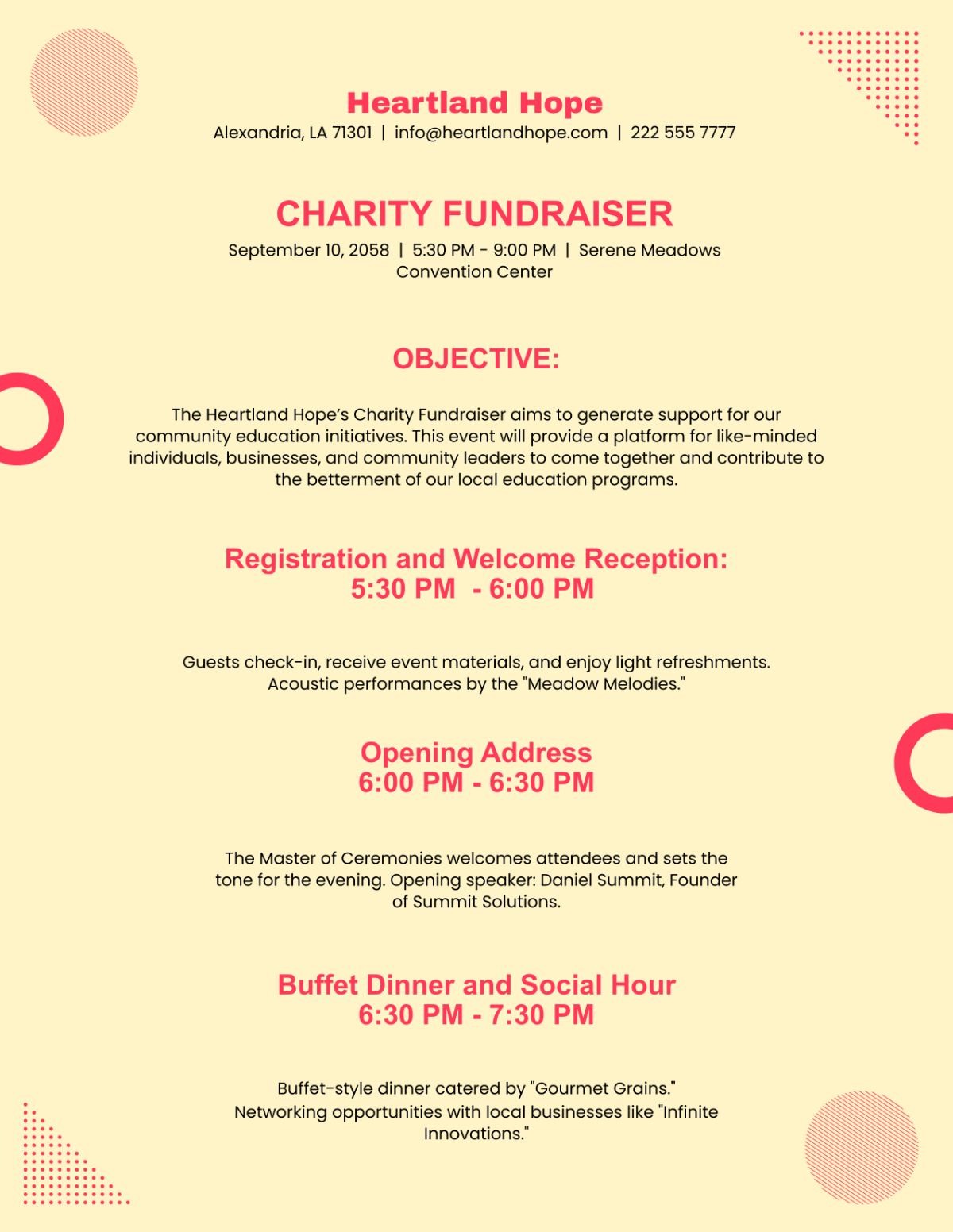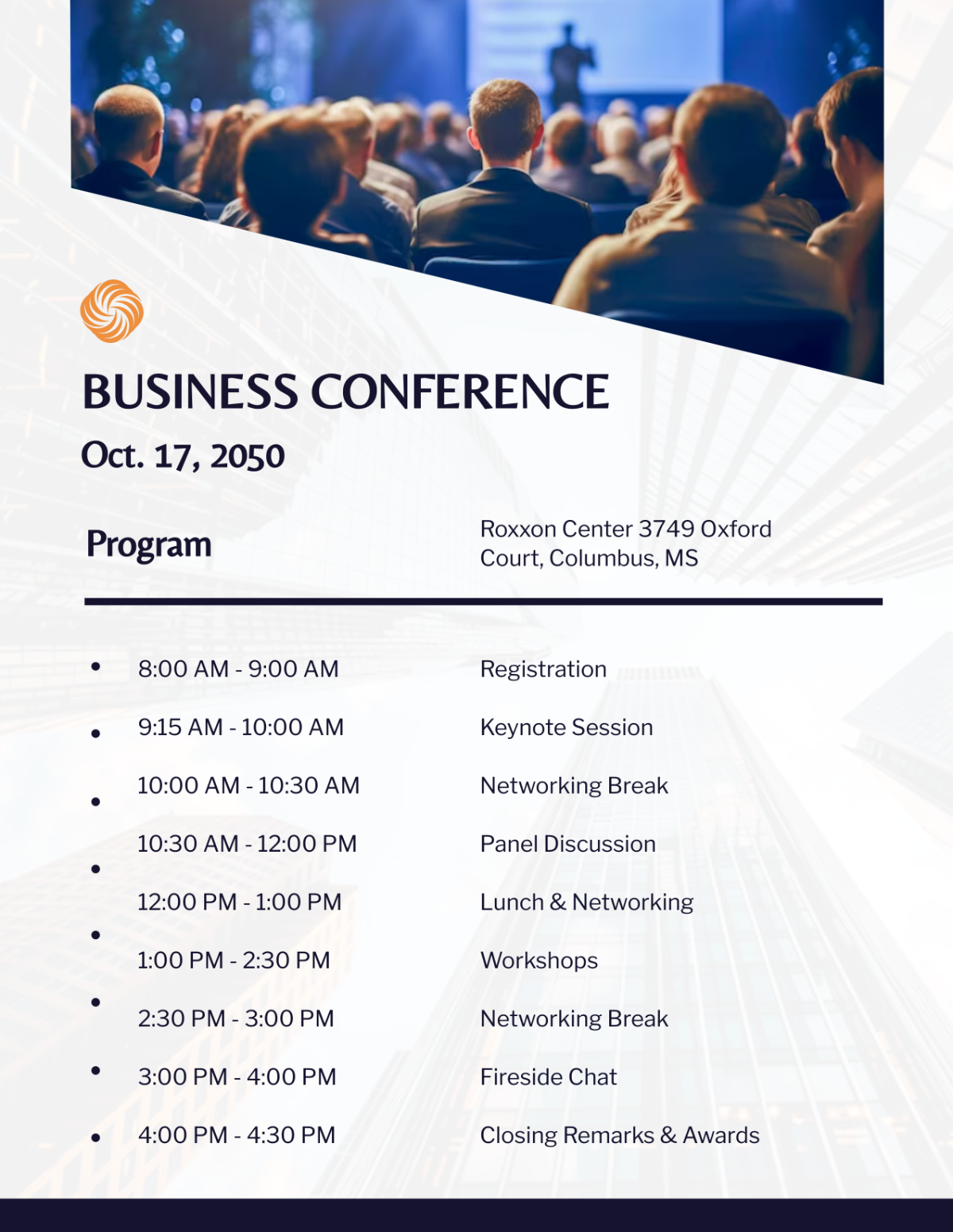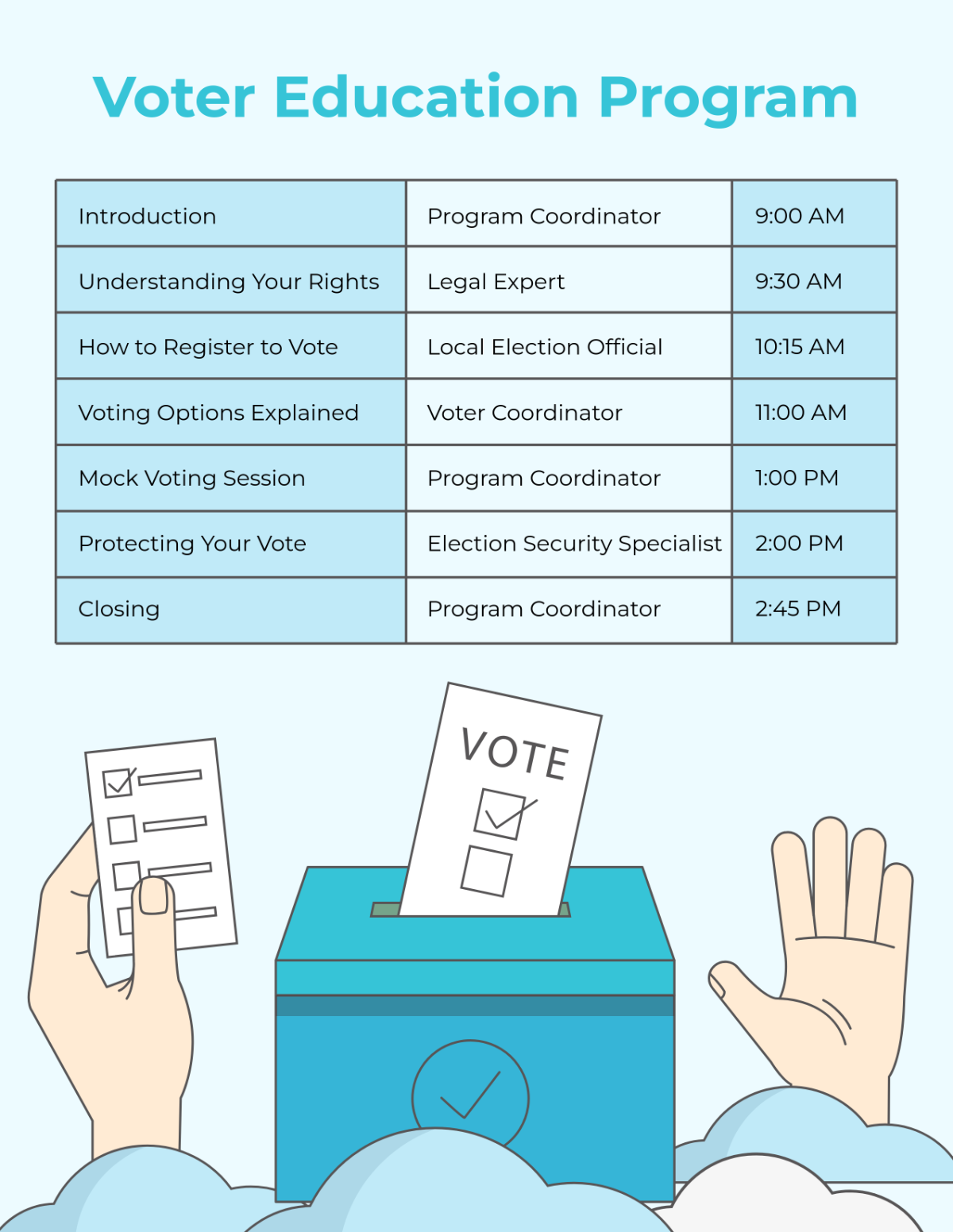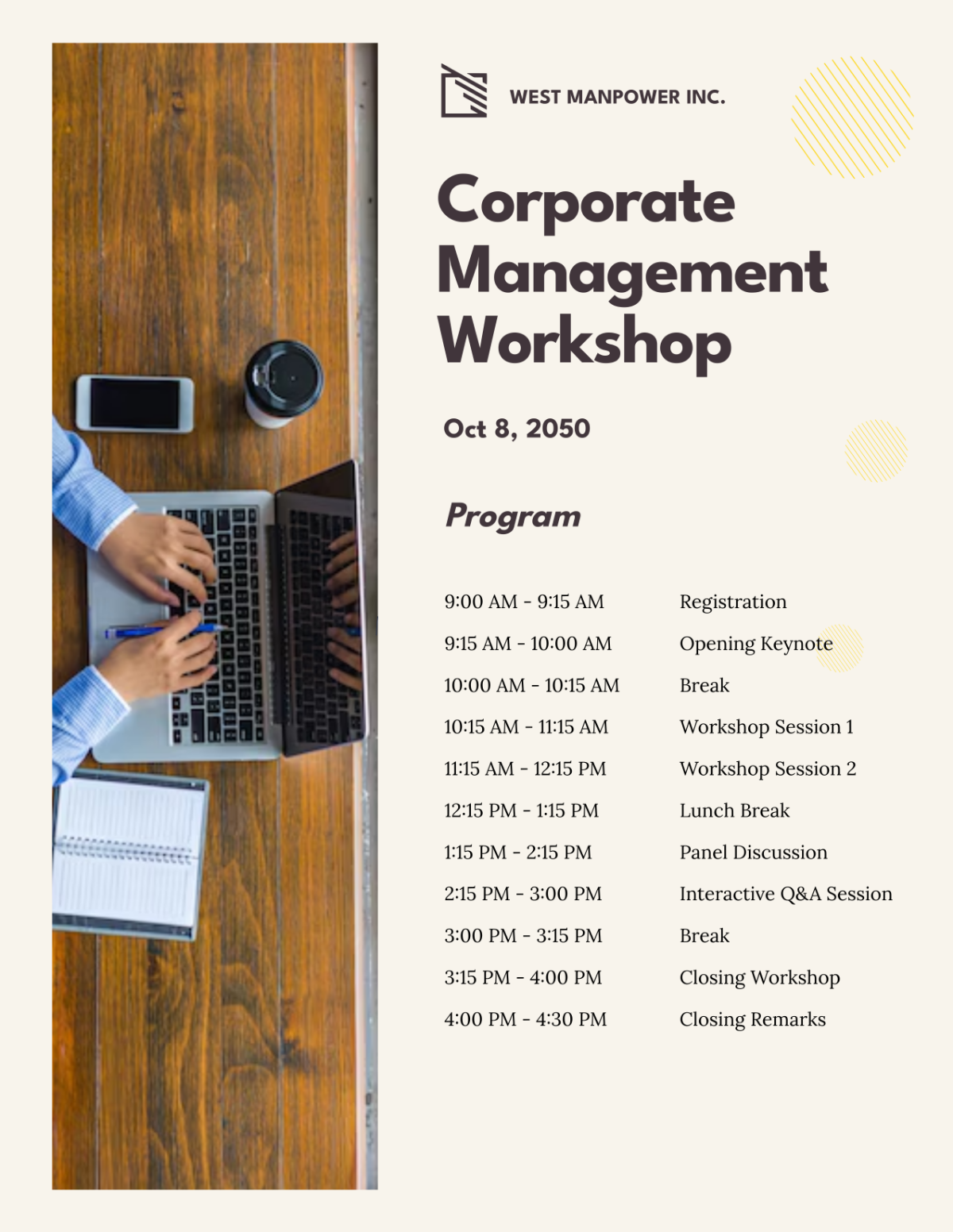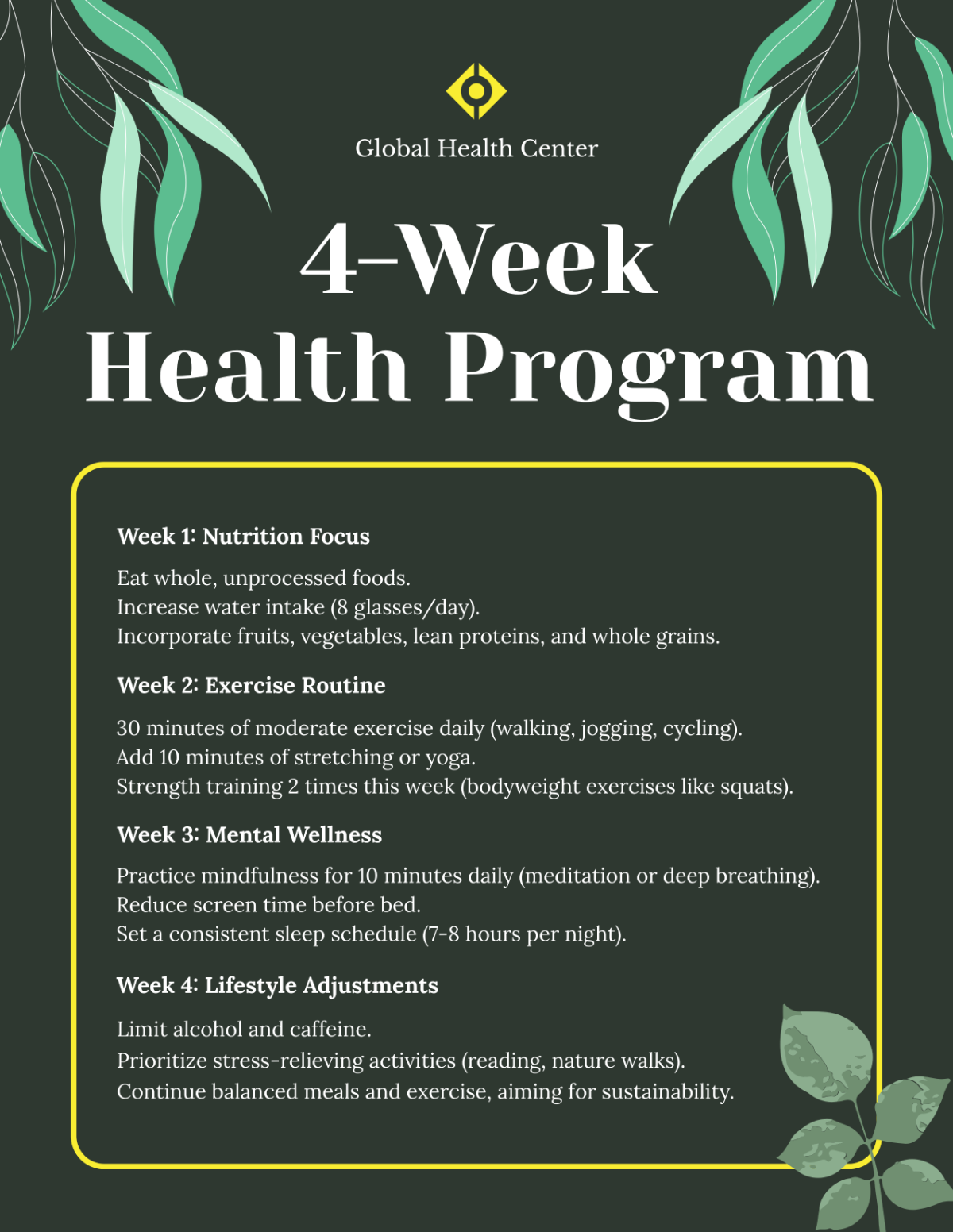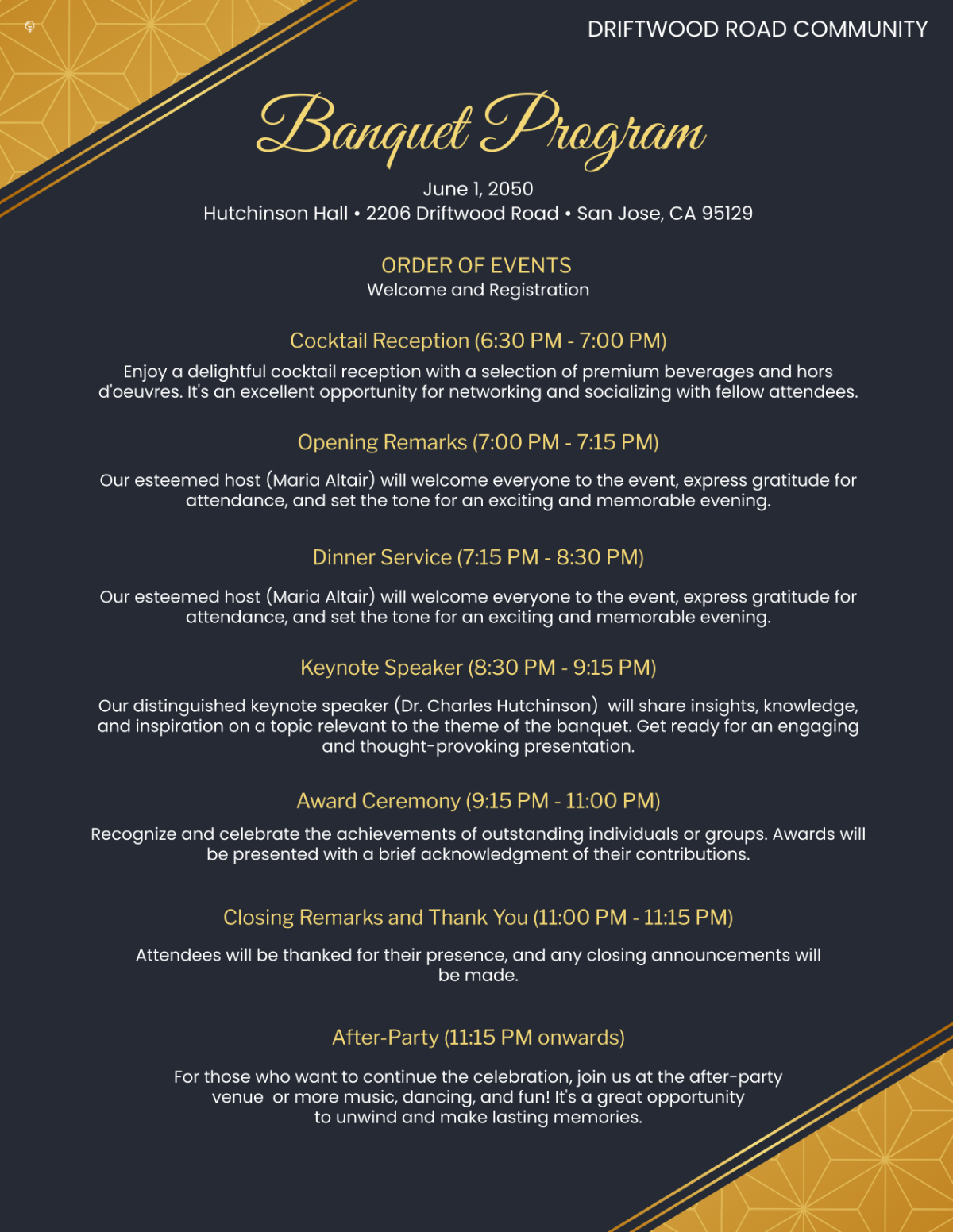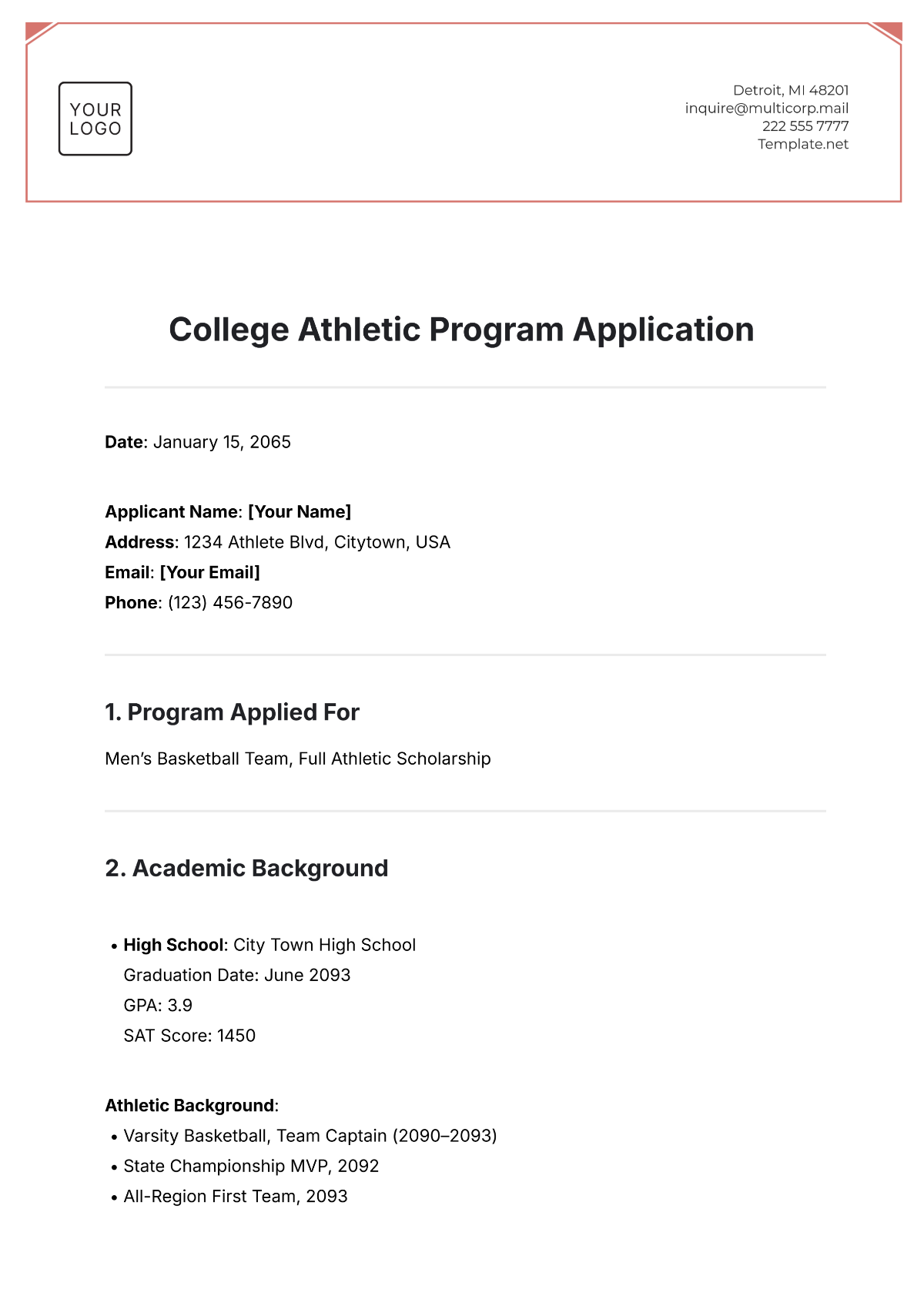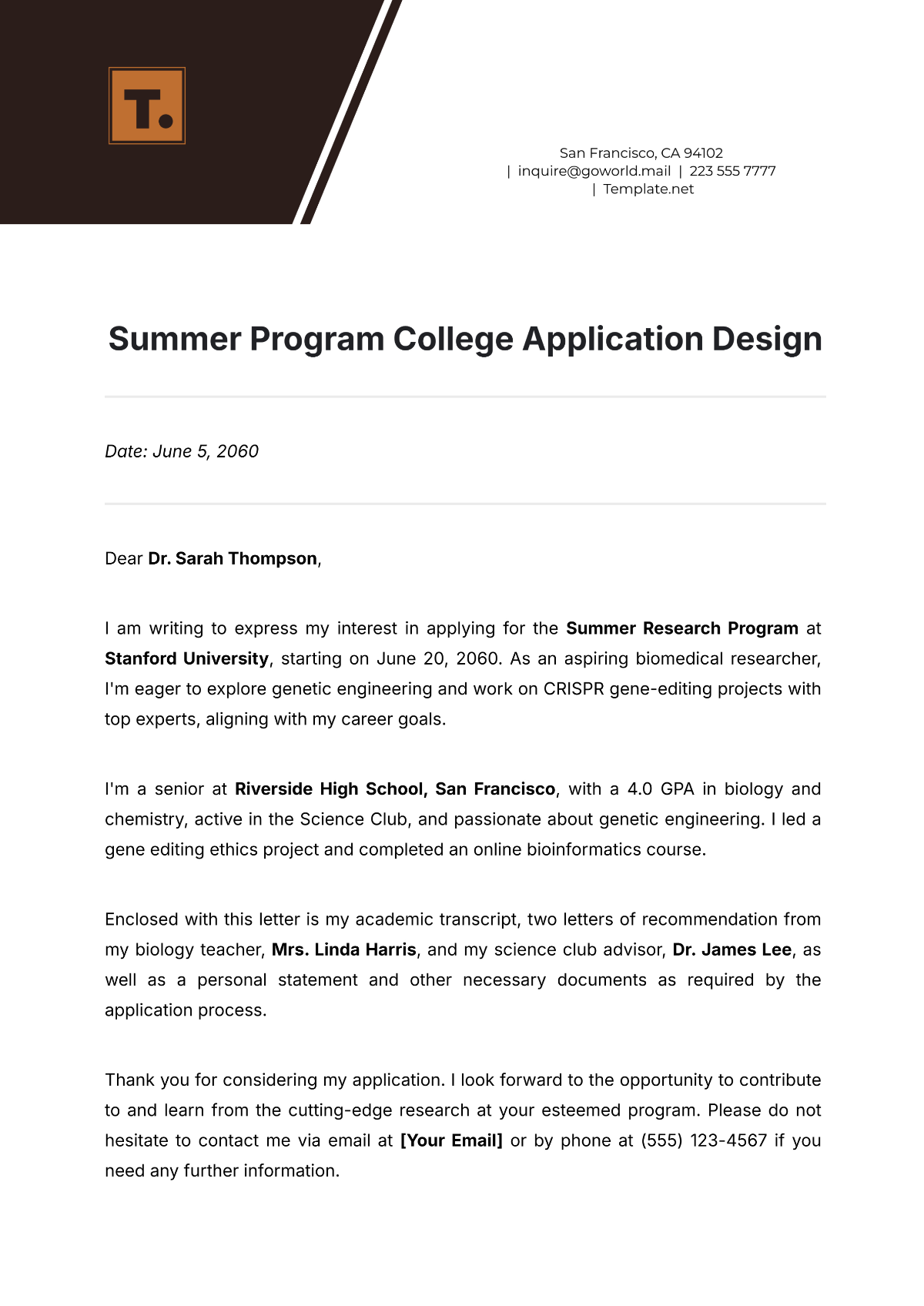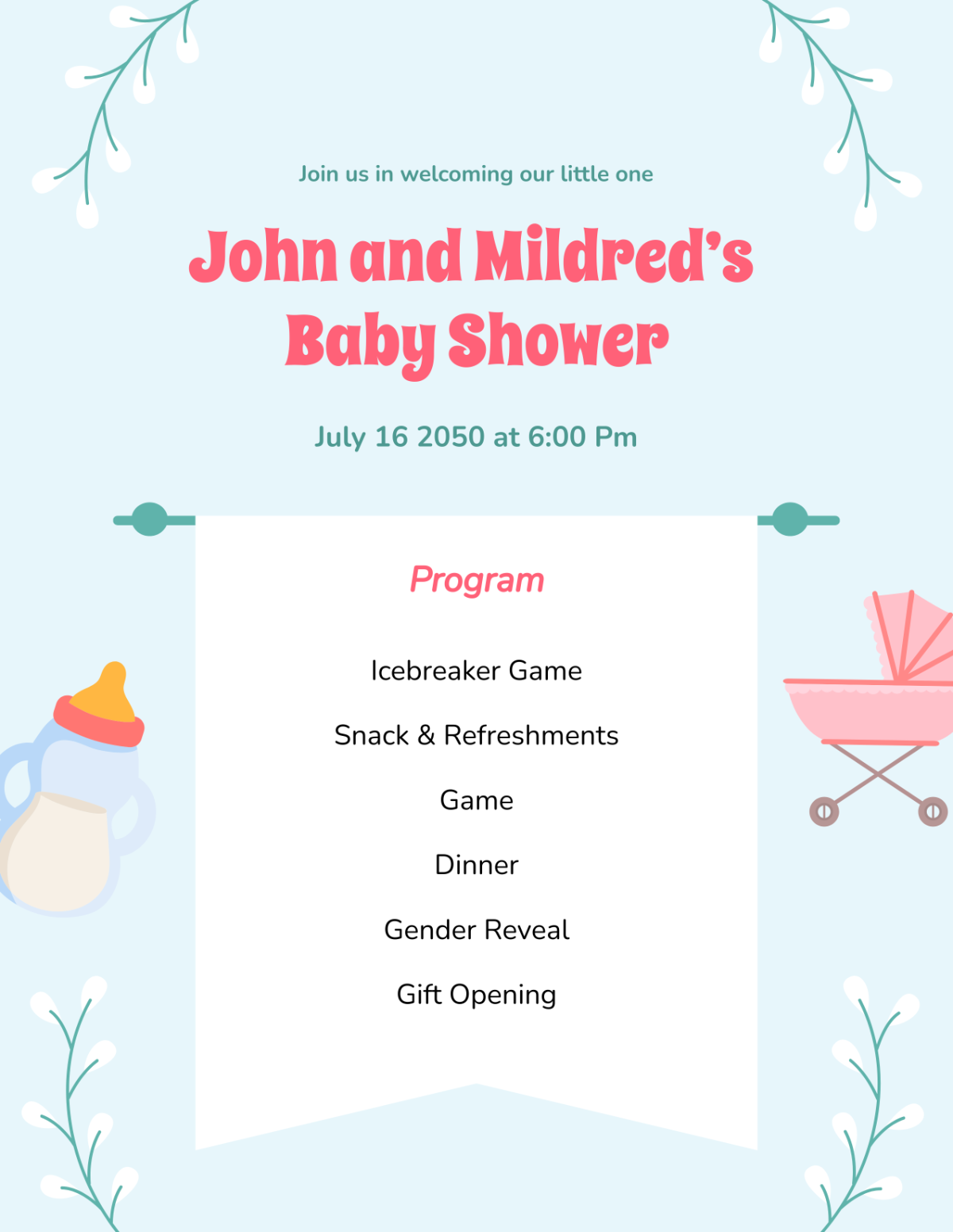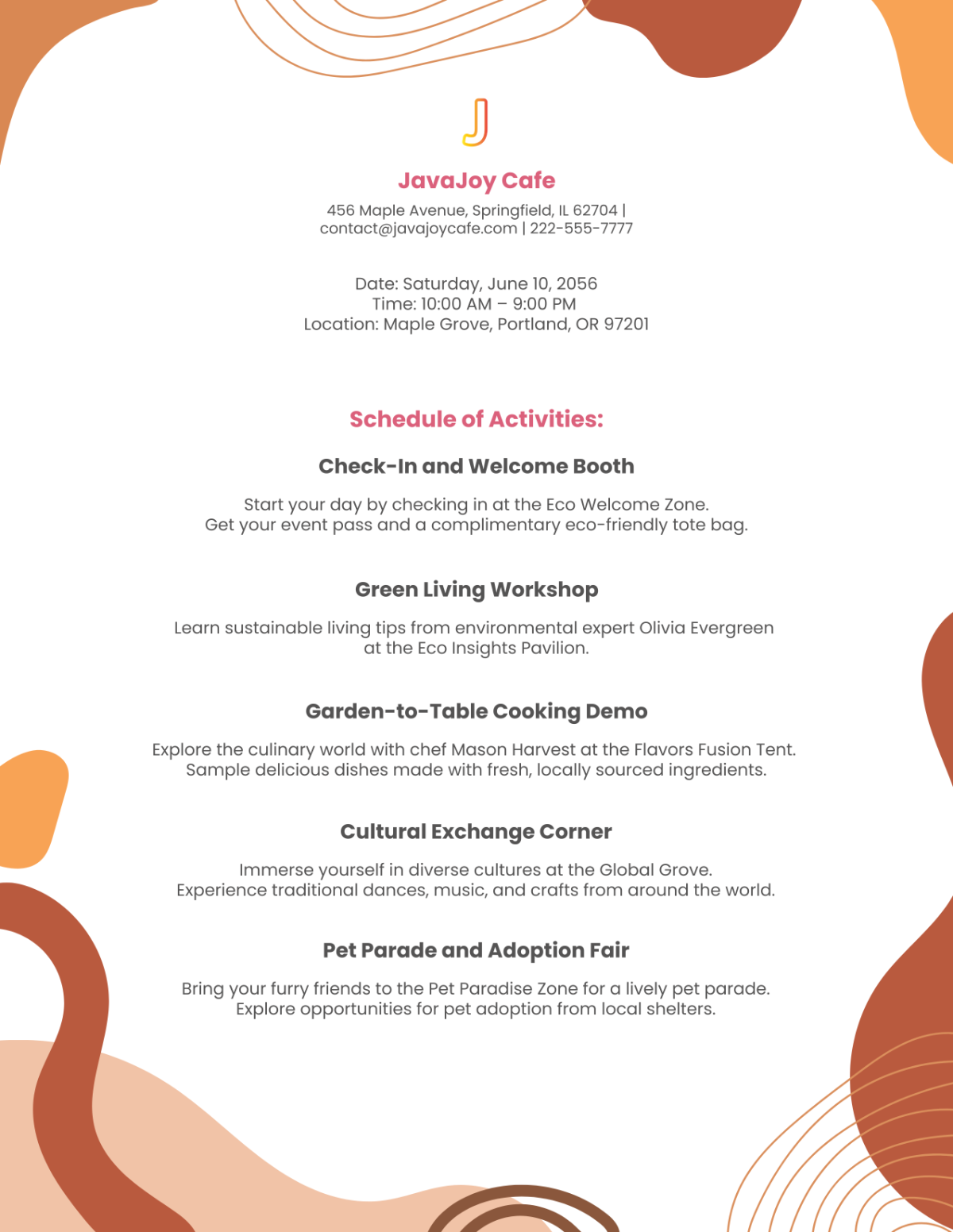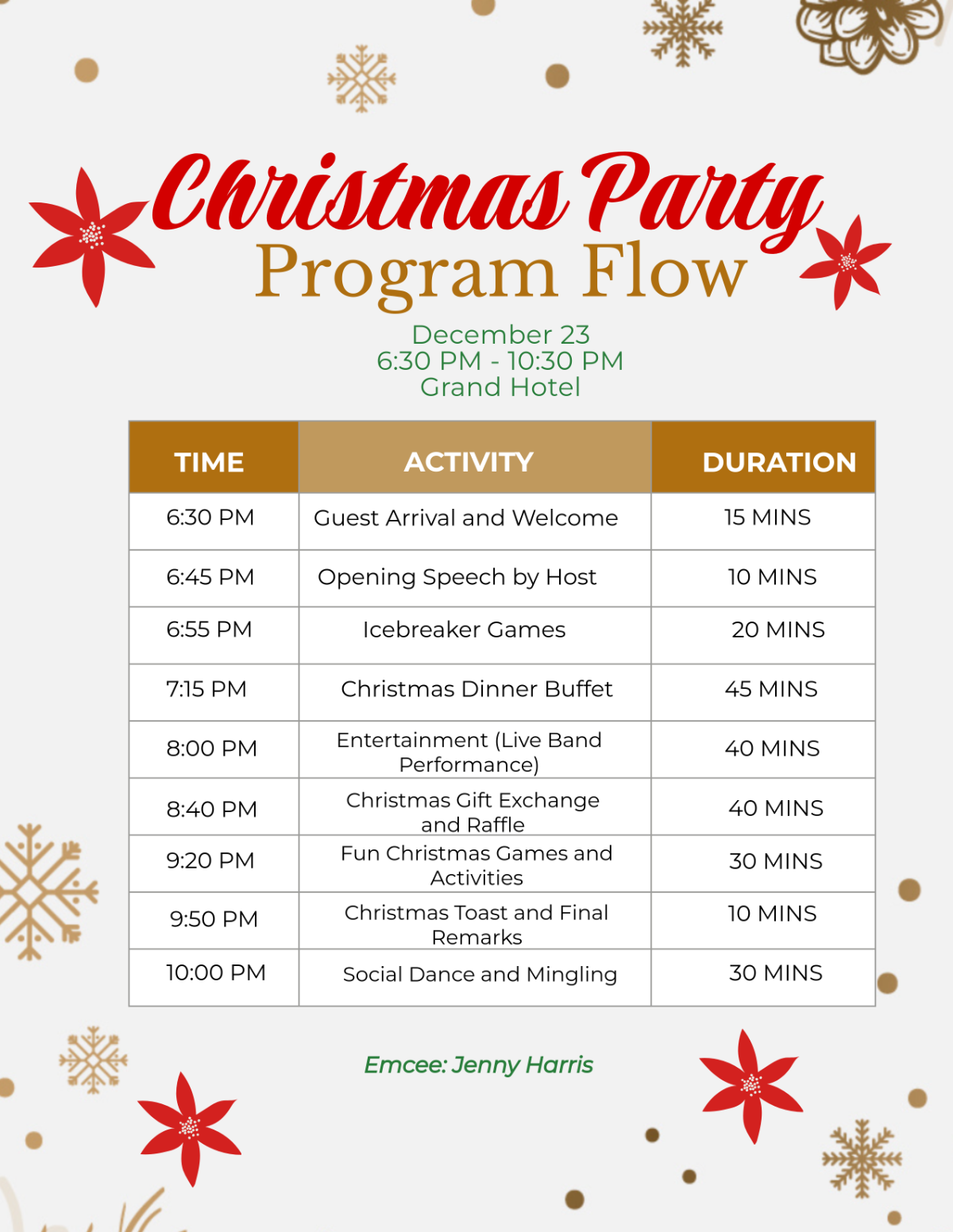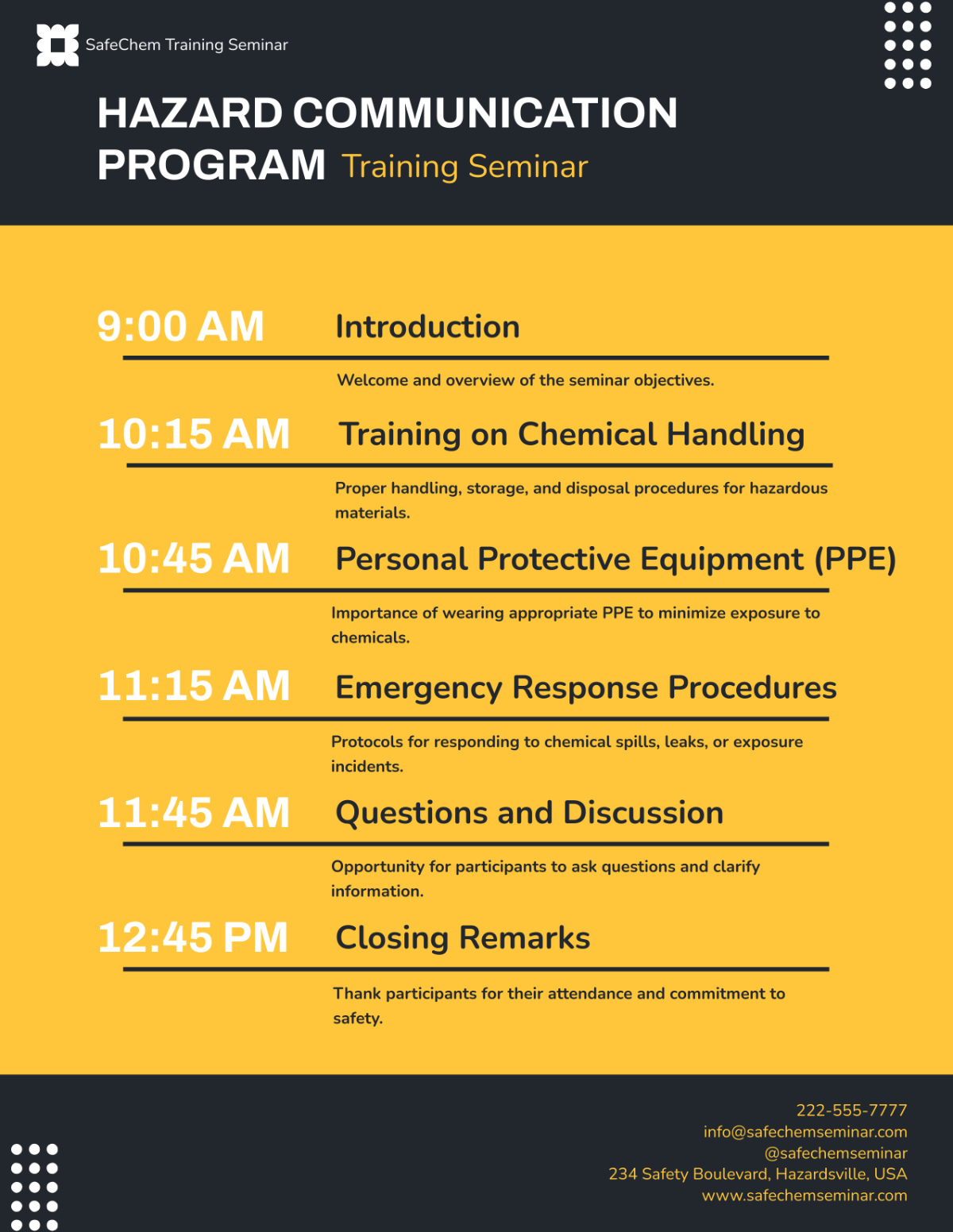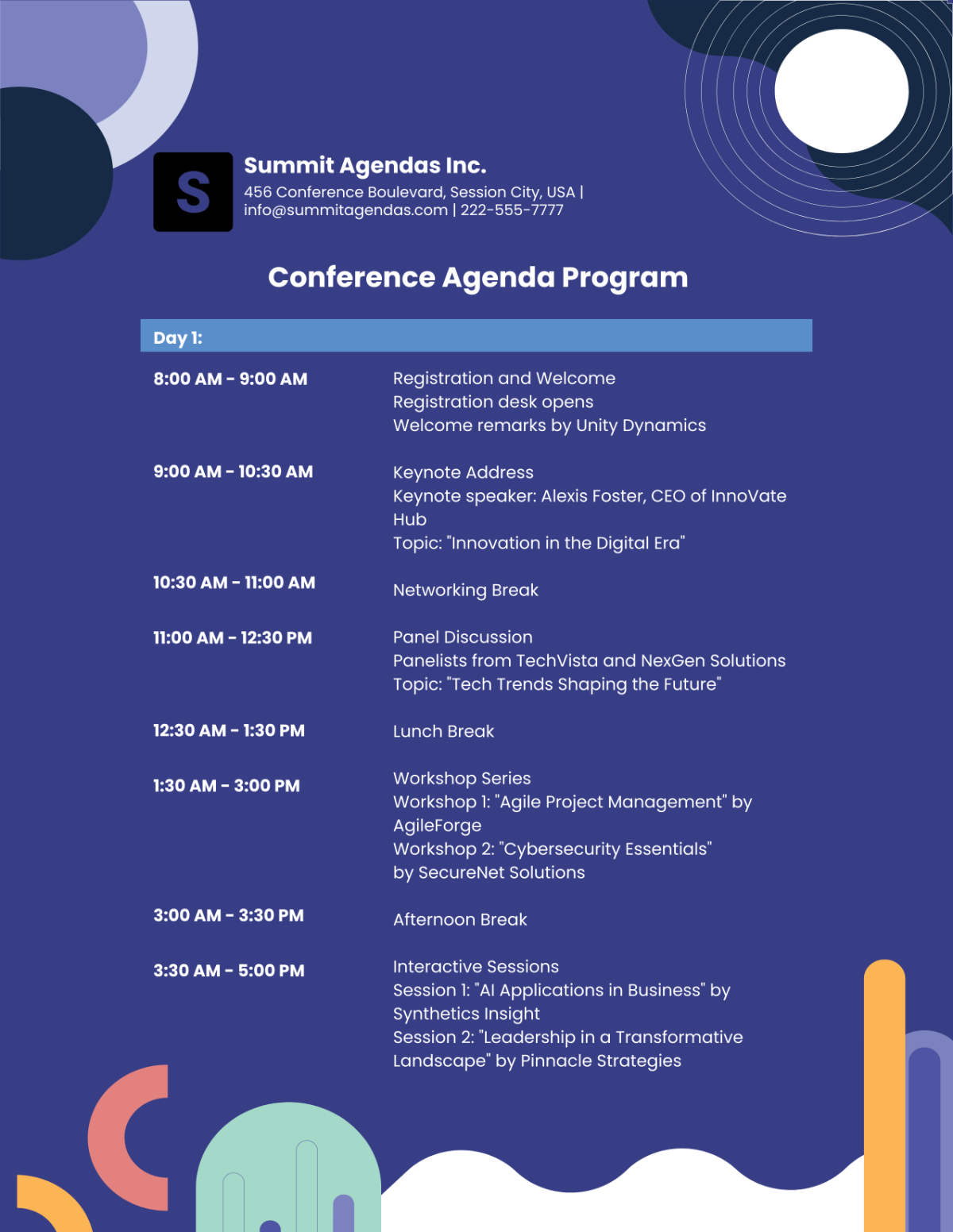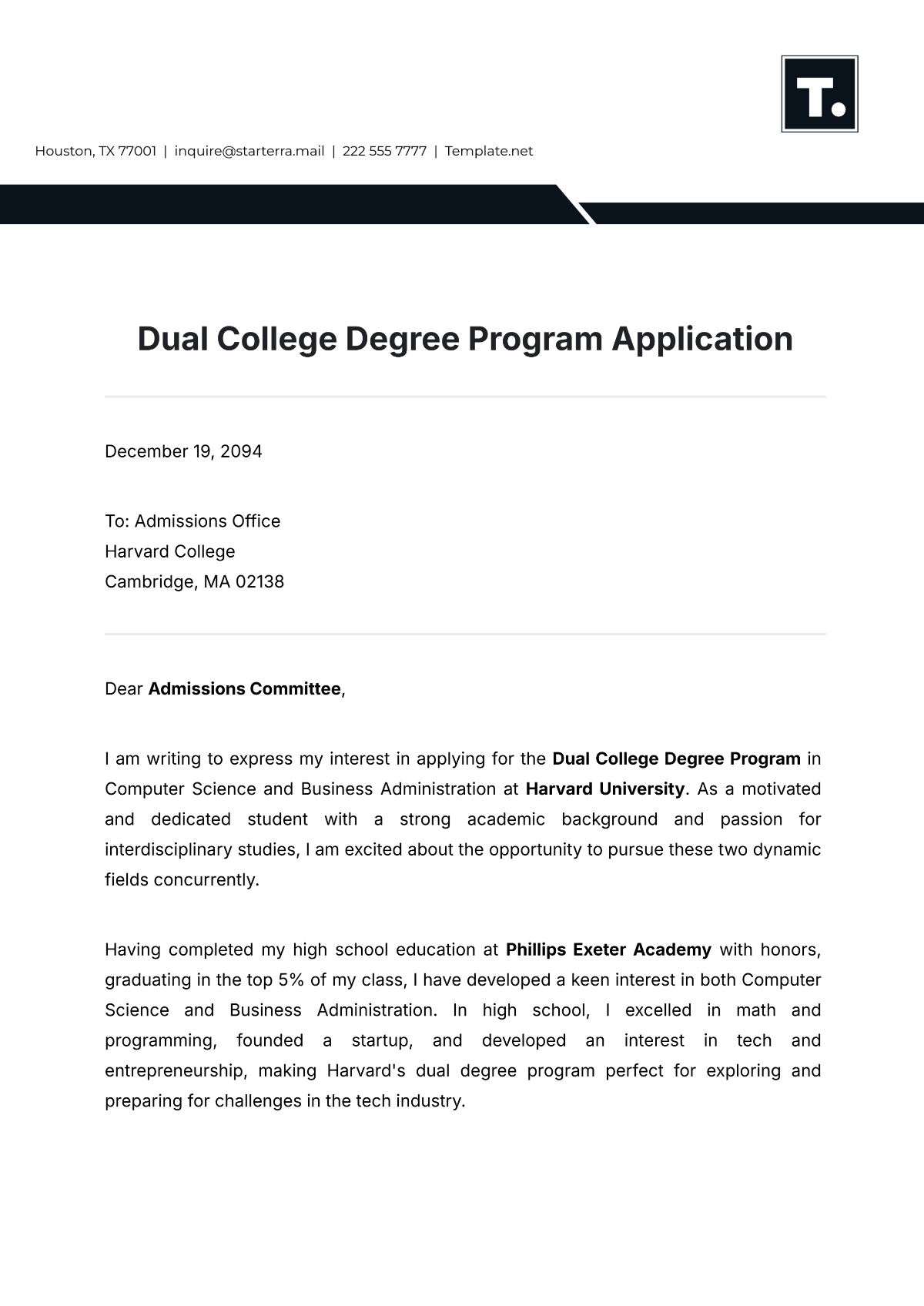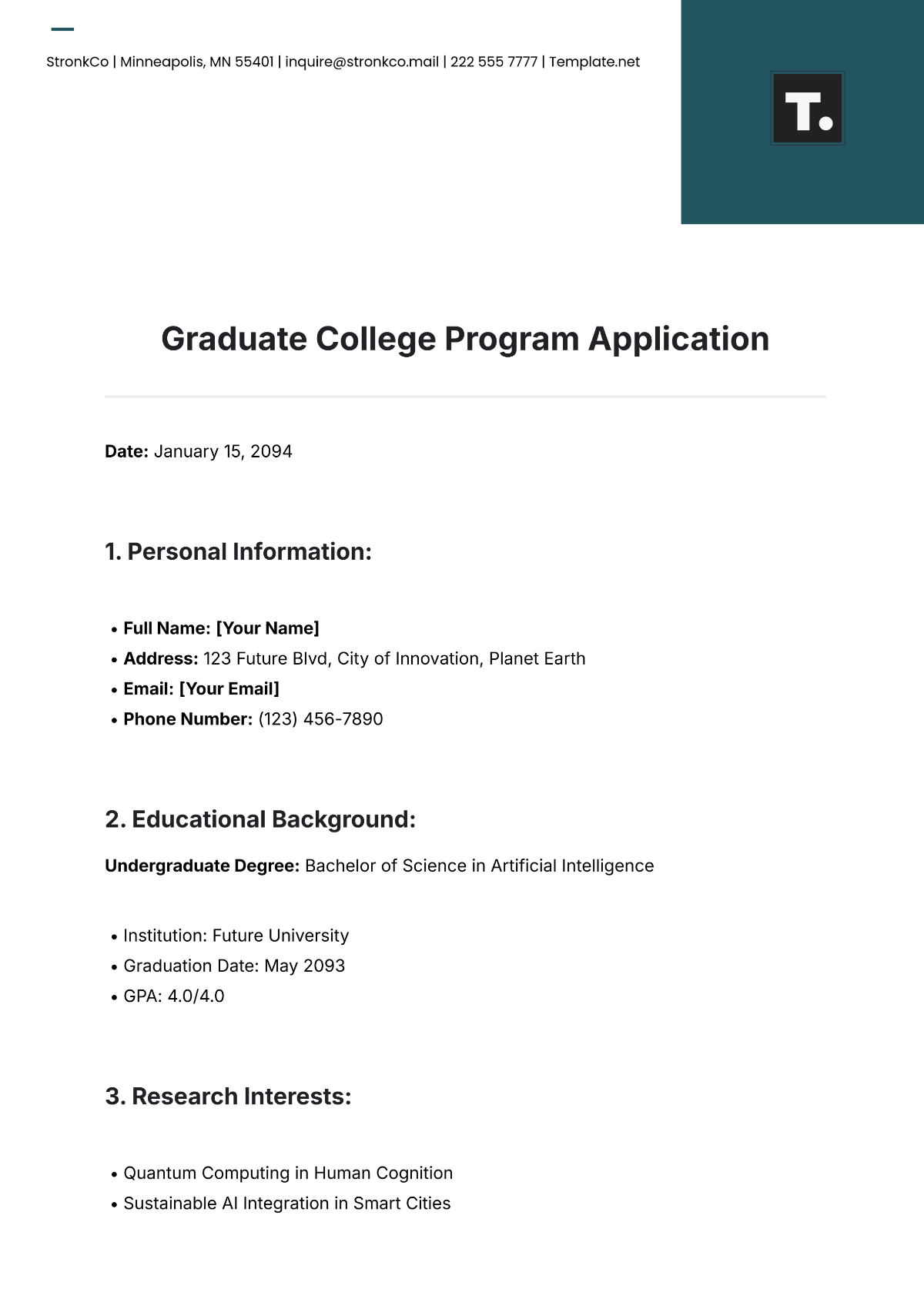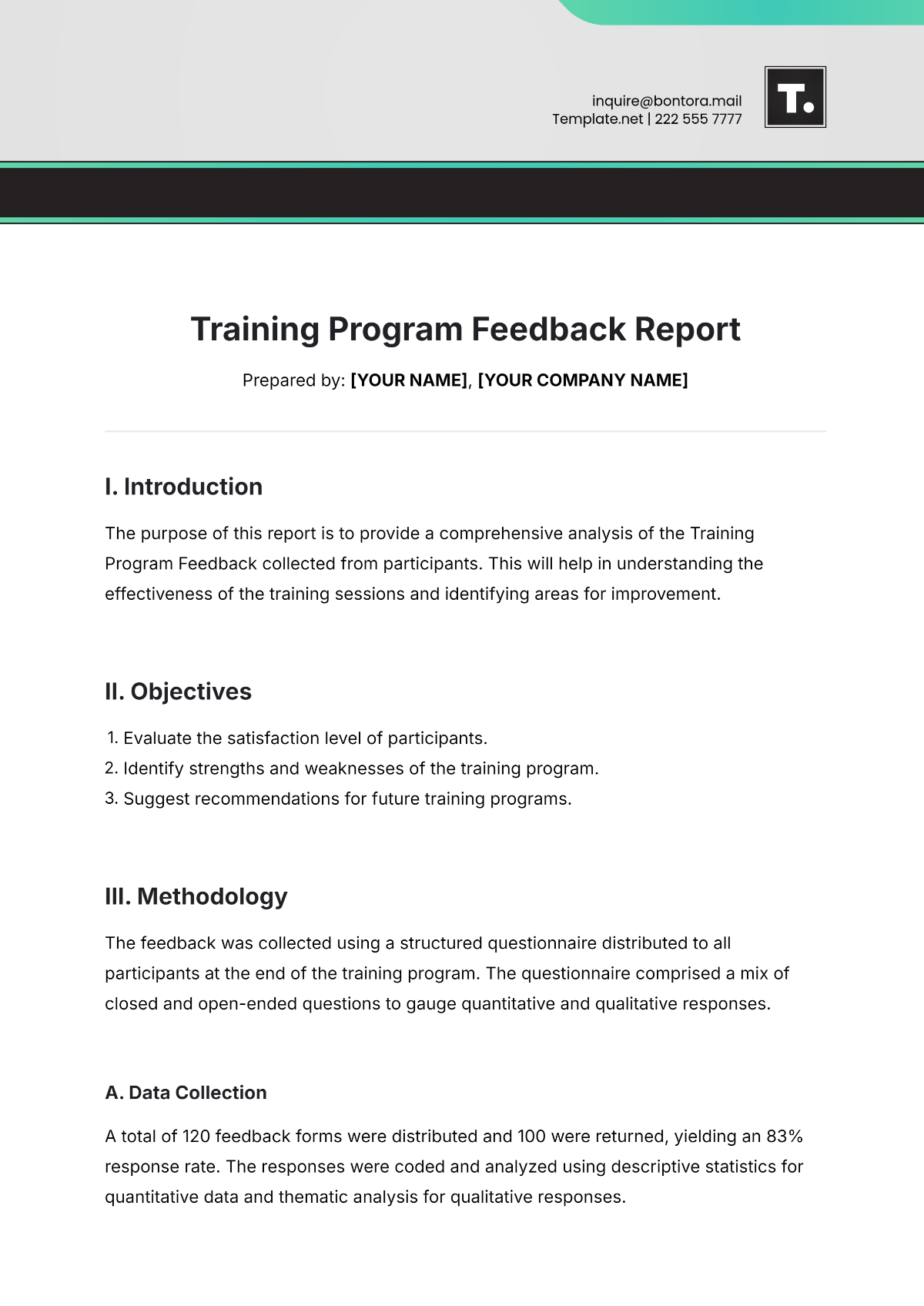Partnership Program Project Fact Sheet
_____________________________________________________________________________________
I. Overview

Project Name:
[Project Name]
Project Objective:
[Brief description of the project objective]
Partners:
[Partner 1]: [Brief description of involvement]
[Partner 2]: [Brief description of involvement]
[Partner 3]: [Brief description of involvement]
Project Duration:
January 1, 2050, to December 31, 2052
II. Scope
Description: Implementing hydroponic systems in urban areas to increase food security and promote environmental sustainability.
Deliverables:
Setup of hydroponic farms in five urban locations.
Training programs for community members on sustainable farming practices.
Development of a mobile app for monitoring and managing hydroponic systems.
III. Stakeholders
Internal Stakeholders:
[Your Company Name], [Department]
[Your Company Name], [Department]
[Other Relevant Departments]
External Stakeholders:
[Partner Organizations]
[Government Agencies]
[Community Members]
IV. Objectives
Primary Objective:
Establish sustainable urban farming practices to reduce food insecurity.
Secondary Objectives:
Increase access to fresh produce in urban areas.
Promote community involvement in food production.
Reduce the carbon footprint associated with food transportation.
V. Key Activities
Conduct site assessments for hydroponic farm locations.
Design and set up hydroponic systems.
Provide training sessions on hydroponic farming techniques.
Develop and launch the mobile app for hydroponic system management.
VI. Timeline
Date | Milestone |
|---|---|
January 15, 2050 | Project Kickoff |
June 30, 2051 | Mid-term Review |
December 31, 2052 | Final Delivery |
VII. Budget
Total Budget: $2,500,000
Funding Sources:
[Partner Organization]: $1,000,000
[Partner Organization]: $750,000
[Partner Organization]: $750,000
VIII. Risks and Mitigation Strategies
Risks:
Supply chain disruptions for equipment procurement.
Community resistance to new farming methods.
Regulatory challenges related to urban agriculture.
Mitigation Strategies:
Diversify suppliers for critical equipment.
Conduct community awareness campaigns.
Engage with local authorities for regulatory support.
IX. Communication Plan
Stakeholder Communication:
Monthly progress updates via email newsletters.
Quarterly stakeholder meetings for in-depth discussions.
Reporting Structure:
The Project Manager reports to the Steering Committee comprising representatives from each partner organization.
Feedback Mechanisms:
Online feedback form accessible to all stakeholders.
Dedicated email address for receiving feedback and suggestions.
X. Contact Information
[Your Name], [Position]
Email: [Your Company Email]
Phone: [Your Company Number]
_____________________________________________________________________________________


